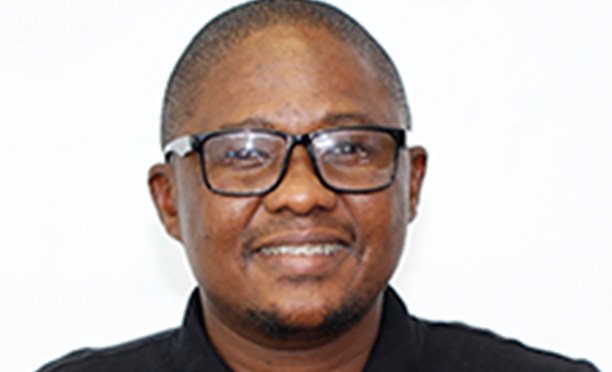Batswana should remain hopeful for HIV cure – BIUST lecturer
Batswana should remain hopeful that a cure for HIV could be found. This was said by lecturer in stem cell biology at BIUST, Dr. Goabaone Gaobotse, on the backdrop of claims that a cure for HIV/AIDS had been found following global reported that a man had been healed of HIV through stem cell surgery in the UK. This revelation has not only brought hope to many but also exposed a different dimension to the power of science.
Although naysayers in the medical fraternity have shot down the stem cell procedure HIV cure claims, in a recent interview with The Midweek Sun Gaobotse noted that the recent findings indicated that stem cells could actually be harvested from people who have natural immunity to HIV and then be transplanted into people with HIV. “These people will also develop that immunity and the virus ultimately goes into remission.
The only challenge here (in the case of UK patient) is that this treatment worked because the particular patient was also undergoing chemotherapy for their cancer. What is essential is for scientists to devise a way that they can do the stem cell transplant efficiently without the added treatment of chemotherapy irradiation. This is because applying chemotherapy on otherwise non-cancerous cells would very toxic to those cells. Botswana is one of the leading countries in incidences of HIV/AIDS,” he explained.
Despite investment in education on HIV prevention such as abstinence, condom use and monogamous sexual relations among others, HIV/AIDS continues to infect, affect lives and kill many people in Africa. In 2016, there were 360, 000 people living with HIV/AIDS in Botswana. During that period, Botswana had the third highest incidence of HIV/AIDS after Swaziland and Lesotho.
Gaobotse said that alarmingly high statistics that necessitate instantaneous action to remedy the status quo.
“Although antiretroviral drugs are readily provided by the government, stem cell therapy offers a more perpetual approach to halting the HIV/AIDS scourge. Botswana would benefit incalculably because the government spends a lot of money on HIV/AIDS treatment for her citizens,” he said. He further said that the use of stem cells is regulated because it involves cells and tissues of human origin. “The requisite legislation is the one that will avert the abuse of people to acquire stem sells.
There are unscrupulous medical scientists who may pay off people to get pregnant so that they could harvest embryonic stem cells from their embryos. Legislation is imperative in that regard. Embryonic stem cells should always be used with the consent of the donor. The donor is legally informed about exactly what will happen to the Stem Cells that they donate,” he said.
Gaobotse further explained that stem cells could be transformed into any cell type, which meant that they have the potential to cure any type of disease such as cancer, spinal cord injuries, Parkinson’s disease, diabetes and other conditions. “Stem cell research and therapy is a relatively new branch of medicine that offers so much potential.
It is important for Botswana to invest in this new technology in order to reap not only the health benefits but other benefits as well. Stem cell research would inter alia create jobs for Batswana and also allow our own citizens to partake in this growing and fascinating branch of medicine. Stem cell research is the future of medicine and it would remiss for our country to not invest in it.”




